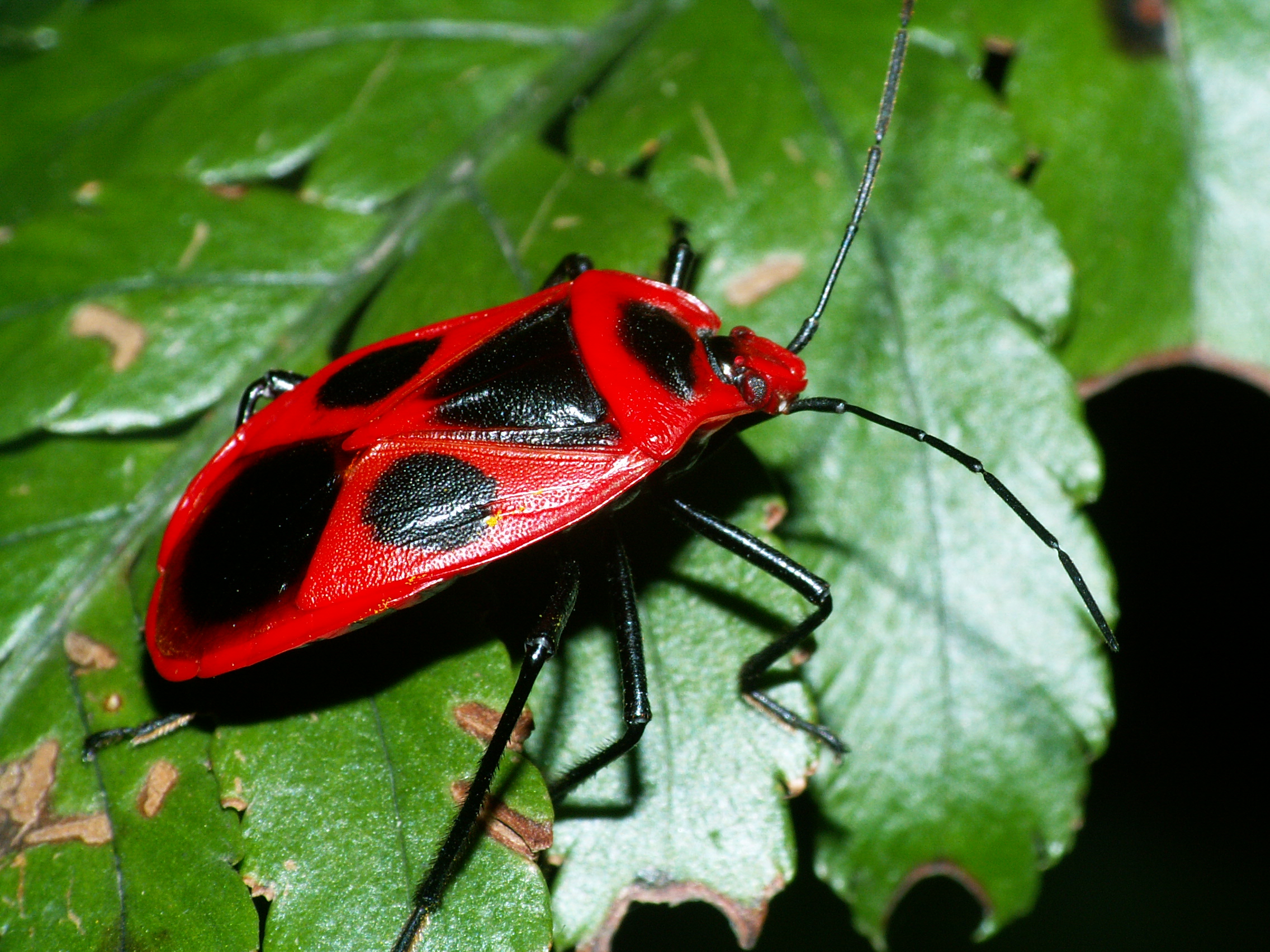the Seeds of Science
Your source for the latest from the University of Toronto's department of Ecology and Evolutionary Biology
Why are some worms more diverse than others?

By Gavin Douglas, EEB
Some of us are picky about where we live, while others can put down roots anywhere. Worms, aren’t much different. Shuning Li, Richard Jovelin and Asher Cutter from the University of Toronto decided to test whether they could detect differences in genetic diversity between nematode worms that are always found living on a particular species of insects and those that hitch rides with just about any invertebrate.
To investigate they looked for different numbers of mutations between individual worms from different habitats. Worms that are very picky had substantially lower genetic diversity compared to closely related generalist species, they report in the Proceedings of the Royal Society.
But how could differences in habitat affect a worm’s diversity? The authors suspect that since pickier worms are limited to a life on a single host species, they can only go where their host species goes. This keeps their populations isolated and their diversity lower. In contrast, worms that live on a variety of invertebrates have much wider ranges. A wider range means that individuals will come in contact with genetically different worms more often, thereby increasing the number of mutations kicking around the species.
Understanding what drives differences in genetic diversity is important since genetic diversity is needed for organisms to respond to changes in the environment. Species that lose their genetic diversity tend to go extinct more quickly. A better understanding of what affects genetic diversity will allow us to help species at risk of extinction.









